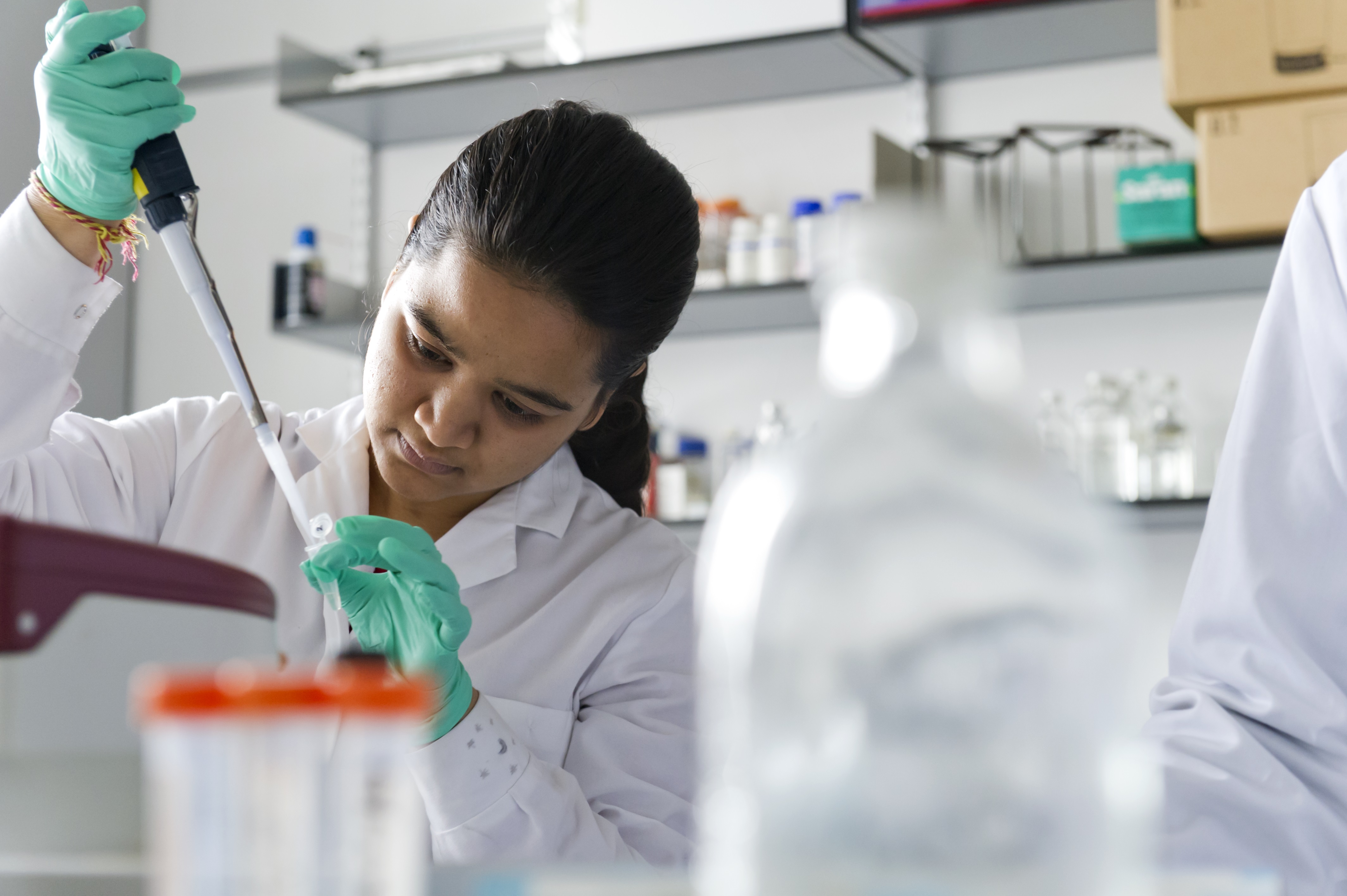
With alumni such as Ian McEwan, Kazuo Ishiguro and Sir Paul Nurse, Nobel Prize-winning cancer researcher, as well as its Sainsbury’s Centre for Visual Arts, which has been open to the public since 1978, the University of East Anglia (UEA) is clearly an art and science-centric institution. But over recent years, UEA has become increasingly well known for its world class research capabilities.
As a testament to UEA’s success as a centre for world-leading scientific research, two of the scientists who featured on Al Gore’s climate change panel were UEA researchers, awarded the Nobel Prize in 2007; and UEA boasts more authors on the UN Intergovernmental Panel on Climate Change’s (IPCC) Fourth Assessment Report that any other university in the world.
Recently ranked 10th for the quality of its research output in the last Research Excellence Framework, the university has been drawing students from around the globe with its varied research opportunities, consistent high quality output, and ever-growing network of scientists, academics and partners.
With sixteen Research Centres facilitating over ninety research groups, UEA certainly has a lot to offer in terms of choice. Recent studies at the university include research into treatments for a currently incurable lung condition, a study investigating the ability for children to make moral judgements and an Alzheimer’s study which has been awarded £260K from the charity Alzheimer’s Research UK, (read about these studies, and many more here). The range of research specialisms, from health, to responses to climate change, to investigation of creative industries, coupled with Norwich’s rank of fourth in the UK in terms of most highly cited scientists, as well as their links across the Norwich Research Park, affords UEA students not only ample choice, but ample opportunity to gain connections and support for their research.
The Norwich Research Park, which holds a unique partnership with UEA, the Norfolk and Norwich University Hospitals, four independent world-class research institutes (the John Innes Centre, the Institute of Food Research, the Genome Analysis Centre and The Sainsbury’s Laboratory), is well placed to carry out internationally influential research, particularly with an annual research spend of over £100 million and 11,000 people, including 2,700 scientists. Already home to around 30 innovative businesses, and a leading centre for food, health and the environment, Norwich Research Park is continuing to grow with a hefty £26 million government investment.
In a similar state of continual growth is UEA’s international student body. There are over 3500 overseas students currently studying at UEA, supported by the International Student Advisory Team, UEA Friends, as well as the INTO UEA Study Centre, which runs programmes that help international students successfully progress to UEA. These systems of support afford international students a smooth progression into the University of East Anglia, and the ability to join a community that tackles many of the greatest challenges faced by modern society.
But what exactly is it that’s drawing these students to join in UEA’s ground-breaking research projects?
The university has a brilliant reputation for first class research, but this is not just a reputation – it’s founded on a carefully measured, consistent quality of output. UEA sets extremely high standards with their guidelines on Good Practice in Research, as well as their minimum standards for research that are applicable to all students and staff and upheld by the Research Executive. All research carried out by the university is also underpinned by the Research Ethics Policy.
With such clear guidelines and strategies in place, international students can be sure of reputable, internationally-recognised, quality assurance for any research they conduct in conjunction with the university.
Global recognition can also be expected when researching from the University of East Anglia. In 2014 82% of UEA Research was classified as either ‘world leading’ or ‘internationally excellent’. As such, study at UEA is a stepping stone for international students to have a real global impact, an impact even more important than the recognition that goes along with it.
Increasingly we are faced with global issues; Ebola outbreaks have the potential to cross continents, mental health problems are not dependent on which country you come from, and cancer is not picky. So how is UEA putting up such a strong fight against these global issues? In a word, collaboration.
The university supports students, academics, research staff and partners; for example, in 2012 UEA was awarded the ‘HR Excellence in Research’ badge by the European commission in recognition of their implementation of the principles of the ‘Concordant’, a national agreement to support the career development of researchers. All that is asked for by UEA in return for this support is a shared commitment to world leading research. This simple agreement – support in return for commitment and passion – is open and inclusive; just as the global issues we face do not discriminate neither does UEA, rather it brings researchers, scientists, academics and businesses together in an ever expanding global network. This inclusivity, this bringing together of the people most passionate about internationally excellent research, is what puts UEA in such a strong position, and what gives students, internationally, the support they need in order to make a global impact.
Further to UEA’s collaboration with The Norwich Research Park, researchers, scientists and businesses across the globe, they have also established the Eastern Academic Research Consortium (ARC) with the University of Essex and the University of Kent. Eastern ARC aims to build upon the universities’ existing research and partnerships to become a significant force for new research and training, providing even more opportunities specifically tailored for UEA students.
The collaborative, outward facing, and global nature of UEA and its partners guarantee an international network of students, researchers, scientists and businesses that will continue to grow and improve in quality. Norwich, is, in actual fact, the ideal place for international students coming to the UK to position themselves in terms of research opportunities, international connections, and the chance to have a lasting global impact.
Follow UEA on Facebook, Twitter, Instagram, YouTube and LinkedIn
All images courtesy of the University of East Anglia
Liked this? Then you’ll love these…
The future of health sciences: 4 innovative health science faculties
Hero In Training: Studying Nursing in the Modern Health Care Sector










